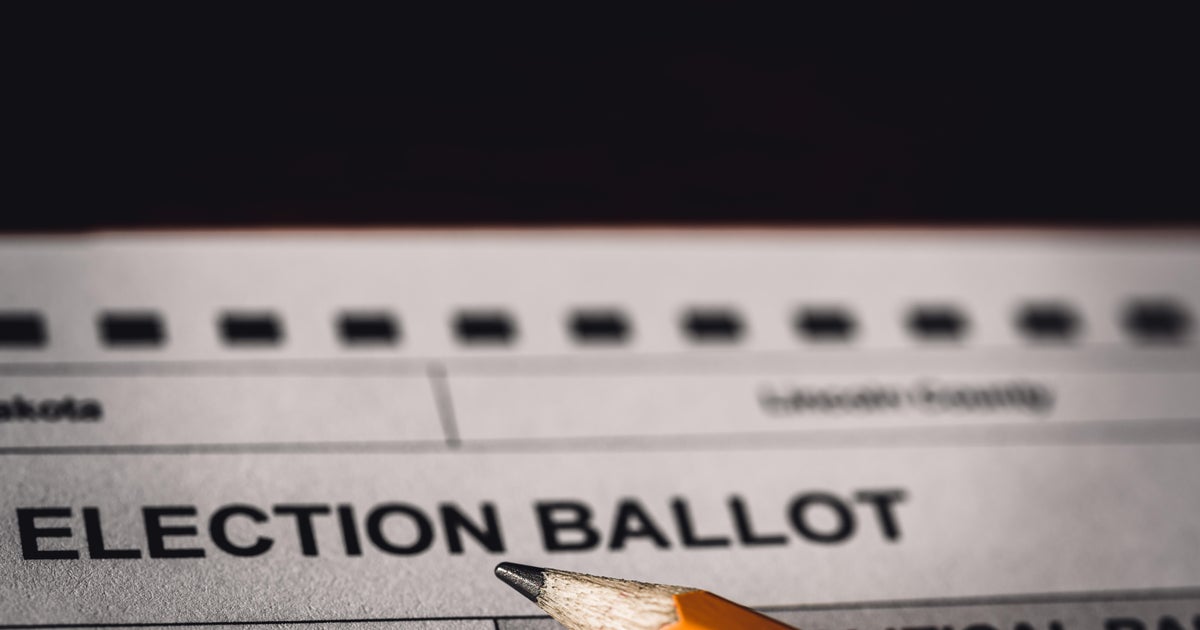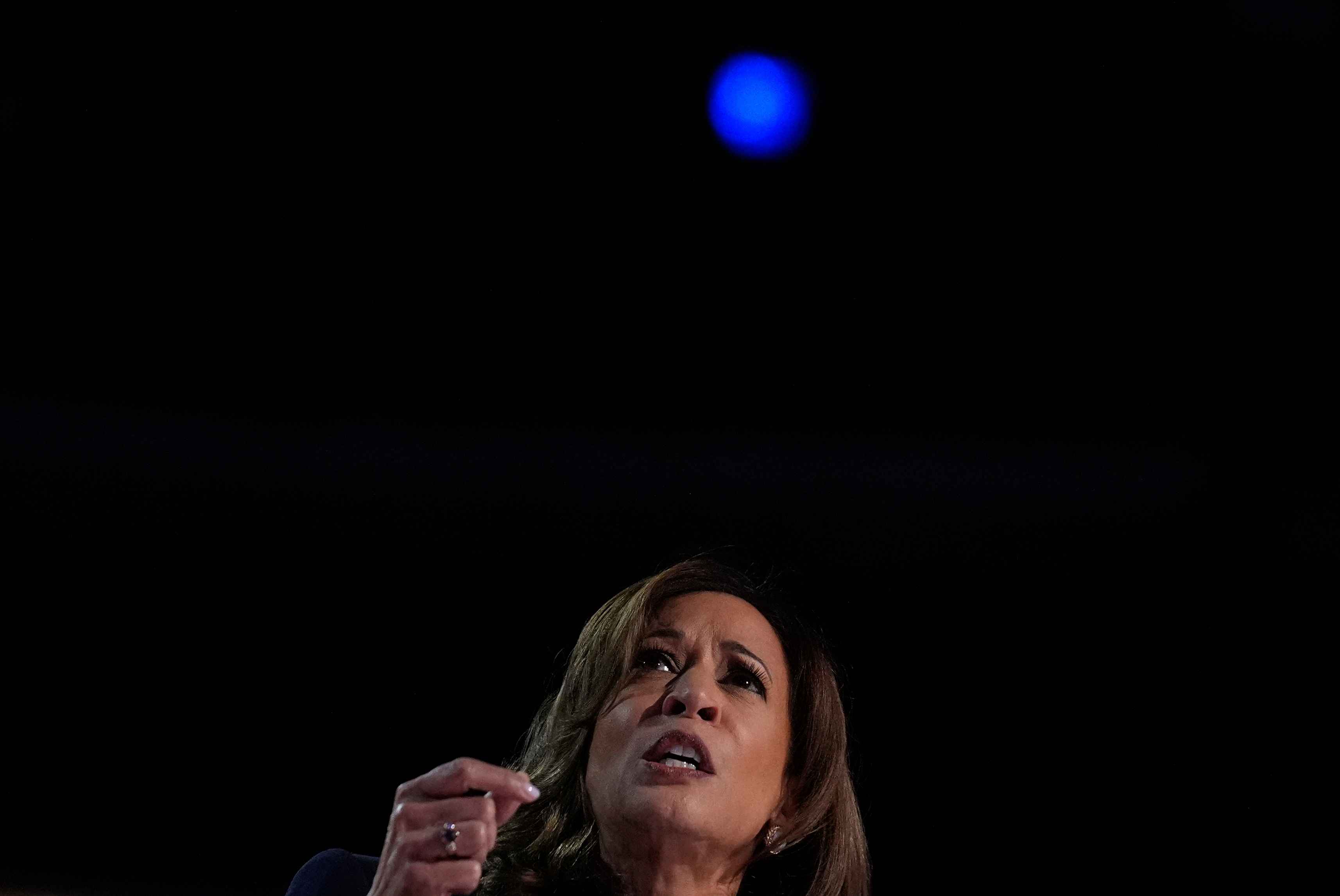Senators to introduce bipartisan bill to prevent foreign cyber interference in elections
A bipartisan group of senators are introducing a bill early next week to improve and streamline information about cyber threats between state and federal entities, in the wake of Russia's believed interference during the 2016 election, according to a top aide to one of the senators involved.
The bill, spearheaded by Sen. James Lankford, R-Oklahoma, and also sponsored by Sen. Lindsey Graham, R-South Carolina, Sen. Amy Klobuchar, and Sen. Kamala Harris, D-California, is intended to better the communication between the Department of Homeland Security, the intelligence community and state election offices, in efforts to thwart future interference in U.S. elections by foreign actors. The bill, which will include resources for states, is also intended to help states identify and prepare against cyber attacks.
Members of both Republican and Democratic leadership have so far responded positively to the legislative proposal, according to the aide, who said the senators involved are eager to pass the legislation ahead of the midterm primaries next year.
Russian President Vladimir Putin has continued to deny interference in the 2016 election, and President Trump has said he believes Putin thinks the Kremlin did not interfere. Despite Mr. Trump's demurring on the issue, multiple intelligence agencies concluded in a January report that Russia interfered in the 2016 election, Trump-appointed CIA Director Mike Pompeo has said Russia "clearly" interfered in the election.
The legislation comes after the public learned Russia's believed intervention in the 2016 U.S. election was more widespread than initially believed. DHS and other agencies in 2016 found out Russian government-connected hackers tried to get into some states' voter registration systems, but DHS didn't disclose which states were affected for a year. Federal investigators didn't find any evidence that the hackers had tampered with voting machines, but the information alarmed elected officials. Sen. Mark Warner, a Virginia Democrat and the vice chairman of the Senate Intelligence Committee, said the communication delay was "unacceptable."
"It's unacceptable that it took almost a year after the election to notify states that their elections systems were targeted, but I'm relieved that DHS has acted upon our numerous requests and is finally informing the top elections officials in all 21 affected states that Russian hackers tried to breach their systems in the run up to the 2016 election," Warner said in a statement at the time.
Social media companies have also become a focus in Congress as the House and Senate Intelligence Committees investigate Russian election interference. Facebook disclosed to Congress earlier this year ads purchased by Russians to influence the 2016 election, and Facebook CEO Mark Zuckerberg explained the social media giant shut down thousands of fake accounts intended to influence elections around the world.
"I wish I could tell you that we are going to be able to stop all interference. But that just wouldn't be realistic," Zuckerberg said in a public address on his Facebook page in September. "There will always be bad actors in the world and we can't prevent all government from interference."
Lankford, a member of the Senate Intelligence Committee and one of the senators behind the bill, will appear on CBS News' "Face the Nation" on Sunday morning to discuss the investigation into Russian election meddling.
CBS News' William Miller contributed to this report.



